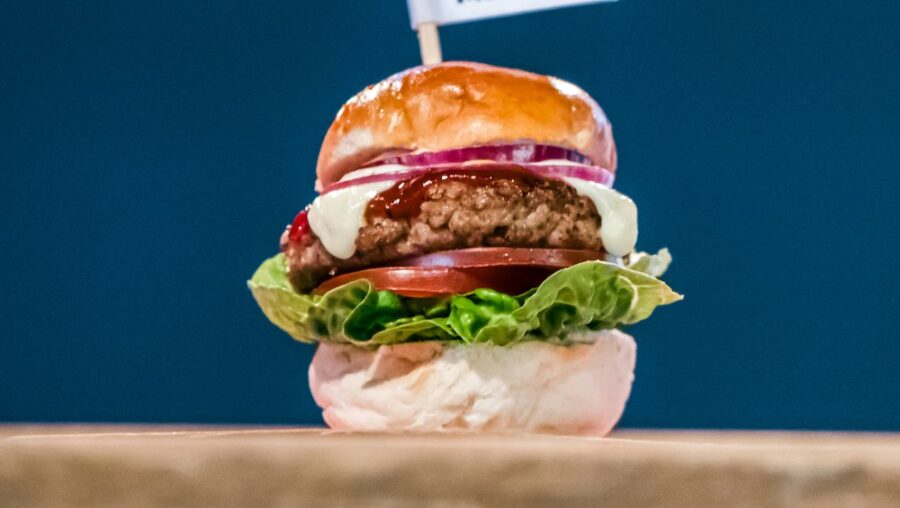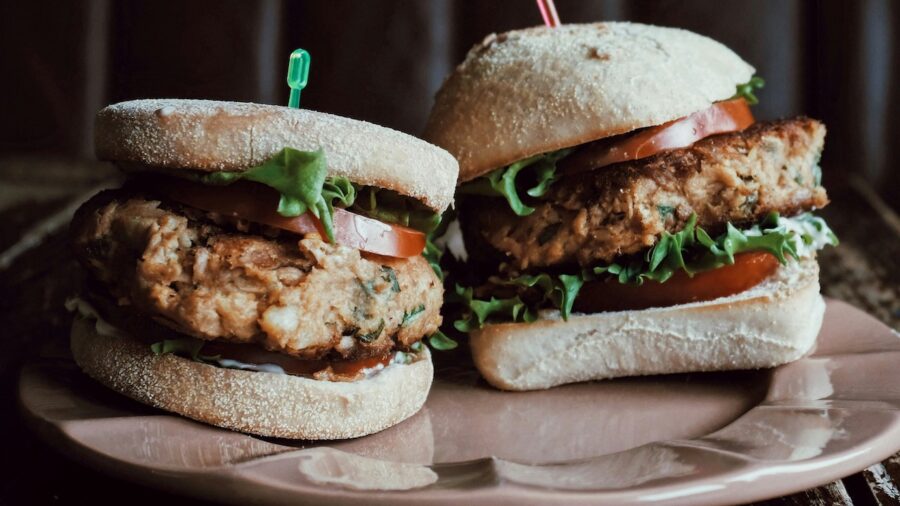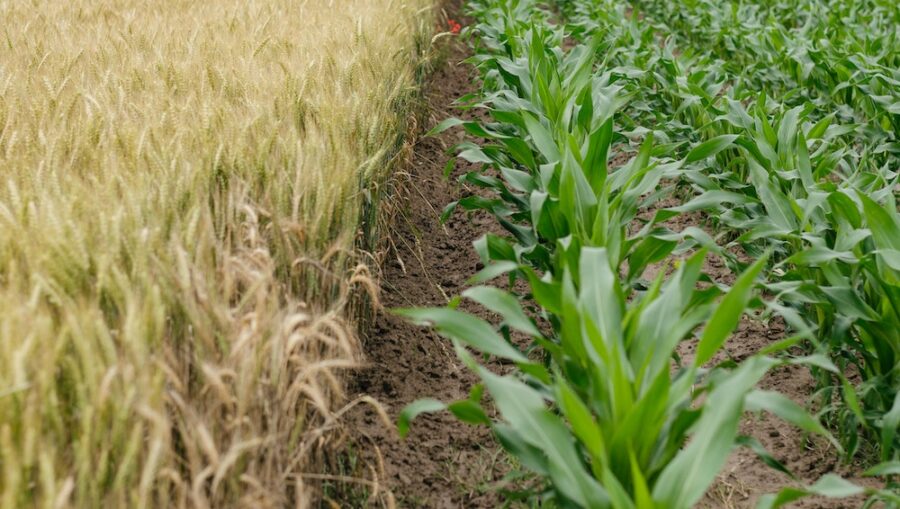Alternative Meat Faces Huge Ban In US State

Governor Ron DeSantis is working on making it illegal to produce and sell lab-grown alternative meat throughout the state of Florida. The legislation is a part of two bills, SB 1084 and HB 1071.
During his visit to South Florida State College Hardee Campus, DeSantis said, “I know the Legislature is doing a bill to try to protect our meat. You need meat, OK. And we’re going to have meat in Florida. We’re not going to have fake meat. Like that doesn’t work.”
Not Banning All Meat Substitutes

To be clear, these bills wouldn’t ban all meat substitutes. They’re focused only on banning lab-grown meat specifically. This means that alternative meat products, like veggie burgers and Impossible Burgers, would still be allowed.
The Congressional Research Service (CRS), clears up the definition even more. They describe cell-cultivated meat as, “developed in a lab, grown from a sample of animal cells that does not require the slaughter of animals.” So it is technically real meat, not a meat alternative, but lab-grown instead of farm-grown.
More Of A Protection?

The bills are more of a protection. Currently, only about 150 companies around the world work on lab-grown alternative meat. Out of these 150, only two are FDA-approved to be in the US, Upside Food and Good Meat.
Florida isn’t the only state looking to ban lab-grown foods. Tennessee and Alabama are both considering their own version, whether this involves huge fines or an outright ban. Texas has set up laws specifically to do with lab-grown meats and how they can be labeled and marketed in the state.
Rest Of The World?

While these legislations may slow down the introduction of alternative meat in the US, it’s not doing much to stop the rest of the world from accepting it.
South Korea, Israel, the Netherlands, and China are all considering introducing these meats into their own markets in the near future.
While alternative meats grown in a lab may sound disturbing, they aren’t bad. the Food and Drug Administration (FDA) has strict guidelines for the production and handling of lab-grown meats, which is why there are only two companies currently in operation in the United States.
Environmental Protection

The push towards these meats is for the protection of the environment. Animals, especially farm animals like cows, pigs, and chickens, aren’t great for the environment.
Farming these animals in large groups leads to deforestation, water pollution, and significant greenhouse gas emissions.
While alternative meat products currently on the market help circumvent some of these problems, they aren’t exactly like meat. Sometimes the taste or texture is off enough that people aren’t willing to make the switch.
Freeing Up Land?

Lab-grown alternative meats would taste and feel exactly like traditional meats. However, there would be a lot less harm to the environment.
Additionally, a lot more land would be freed up for nature reserves, or places for the ever-growing human population.
It’s not all great news though. There are a few issues. One of the major ones is regulation and the challenges that come with it to ensure the meat is safe and labeled properly.
Rules And Regulations

While the FDA and USDA (United States Department of Agriculture) do have regulations in place and are working on making more, several states have decided that’s not enough.
That’s where regulations like Texas and Tennessee have come into play. Some states, like Florida, have decided to handle the problem by keeping away alternative meat altogether.
Further challenges include high production costs due to the need for specialized labs and equipment and the struggle to get people to accept “unnatural” food. Still, if these issues can be figured out, alternative meat products like lab-grown meat hold a lot of potential.
Source: CBS











